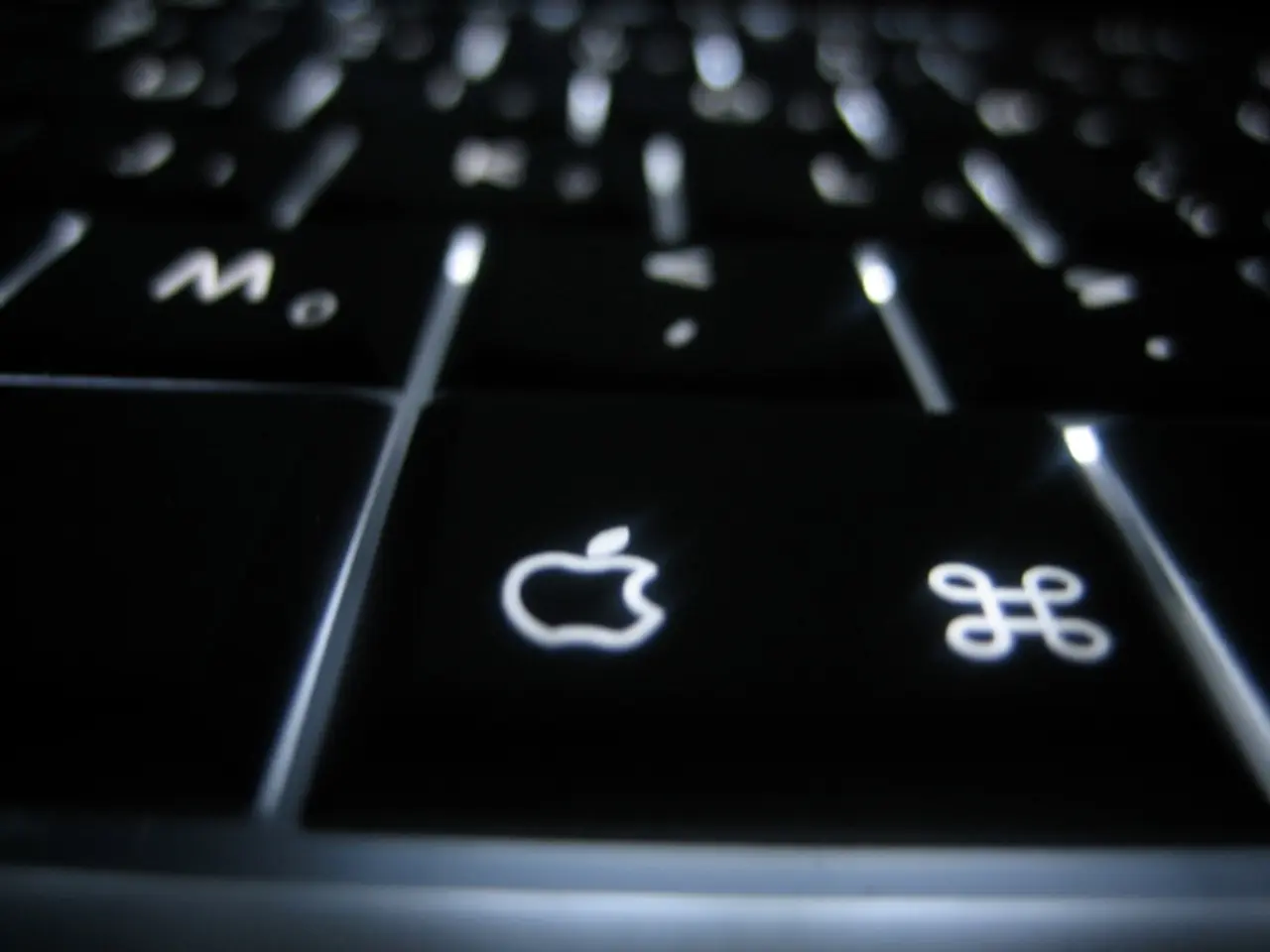Artificial Intelligence's Impact on Jobs: What You Need to Know
Over a quarter of businesses anticipate staff cuts due to advancements in artificial intelligence.
Get ready for a significant shift in the job market over the next five years as more companies embrace Artificial Intelligence (AI).
According to a survey by the Munich-based Ifo Institute, an alarming 27.1% of companies predict job cuts due to AI. On the flip side, only 5.2% anticipate additional jobs from AI, while two-thirds predict no change. Ifo survey chief Klaus Wohlrabe comments, "Companies, especially industry, expect an AI-driven structural change."
Economist Fuest shares a reassuring sentiment, stating that immediate job losses are unlikely. "Currently, companies are exploring in which fields AI brings productivity gains. It will take a few more years for this to translate into measurable effects on the labor market."
One intriguing aspect of this transition is the potential for AI to spawn new job profiles. Wohlrabe asserts, "AI is not only a rationalization tool, but also the starting point for new job profiles." As AI gains momentum, it's crucial to navigate this change and its consequences to broad prosperity without causing major disruptions in specific occupational groups.
Bracing for a Digital Shift
While the employment effects of AI are still moderate, they can have a profound impact on various industries. Here's a breakdown of potential job growth and losses:
New Opportunities:
- Digital Roles: AI will trigger new job categories, including AI governance, AI training and evaluation, cybersecurity, AI-driven science, and AI-enhanced education.
- Remote Work: The push for remote work, supported by AI technologies, could grow to 90 million jobs by 2030, necessitating digital skills adaptation.
- Learning and Adaptability: AI-driven environments will necessitate continuous upskilling and reskilling among workers.
Displacements:
- Automation: AI is anticipated to displace millions of jobs, particularly in entry-level white-collar positions.
- Sector Transformation: By 2030, AI is expected to transform 86% of businesses, leading to changes in job roles across industries.
- Skills Obsolescence: Approximately 39% of current skillsets could become outdated between 2025 and 2030, necessitating continuous skill updates.
Sector-Specific Impacts
- Healthcare: AI will boost healthcare services, creating jobs in clinical validation and patient navigation.
- Cybersecurity: The integration of AI will amplify the need for cybersecurity experts to mitigate AI-related risks.
- Education: AI-enhanced education will surge, requiring educators skilled in AI tool integration.
- Manufacturing: AI-driven manufacturing will generate employment opportunities in robotics and digital twin modeling.
In summary, AI will both create new opportunities and displace existing ones, highlighting the need for workers to acquire new skills and adapt to changing industry landscapes.
In the context of a digital shift, AI will create new roles such as AI governance, AI training and evaluation, and AI-driven education, while also driving a need for cybersecurity experts and educators skilled in AI tool integration. On the other hand, AI is expected to displace jobs in various sectors, particularly entry-level white-collar positions and industries undergoing transformation, emphasizing the importance of continuous skill updates.




